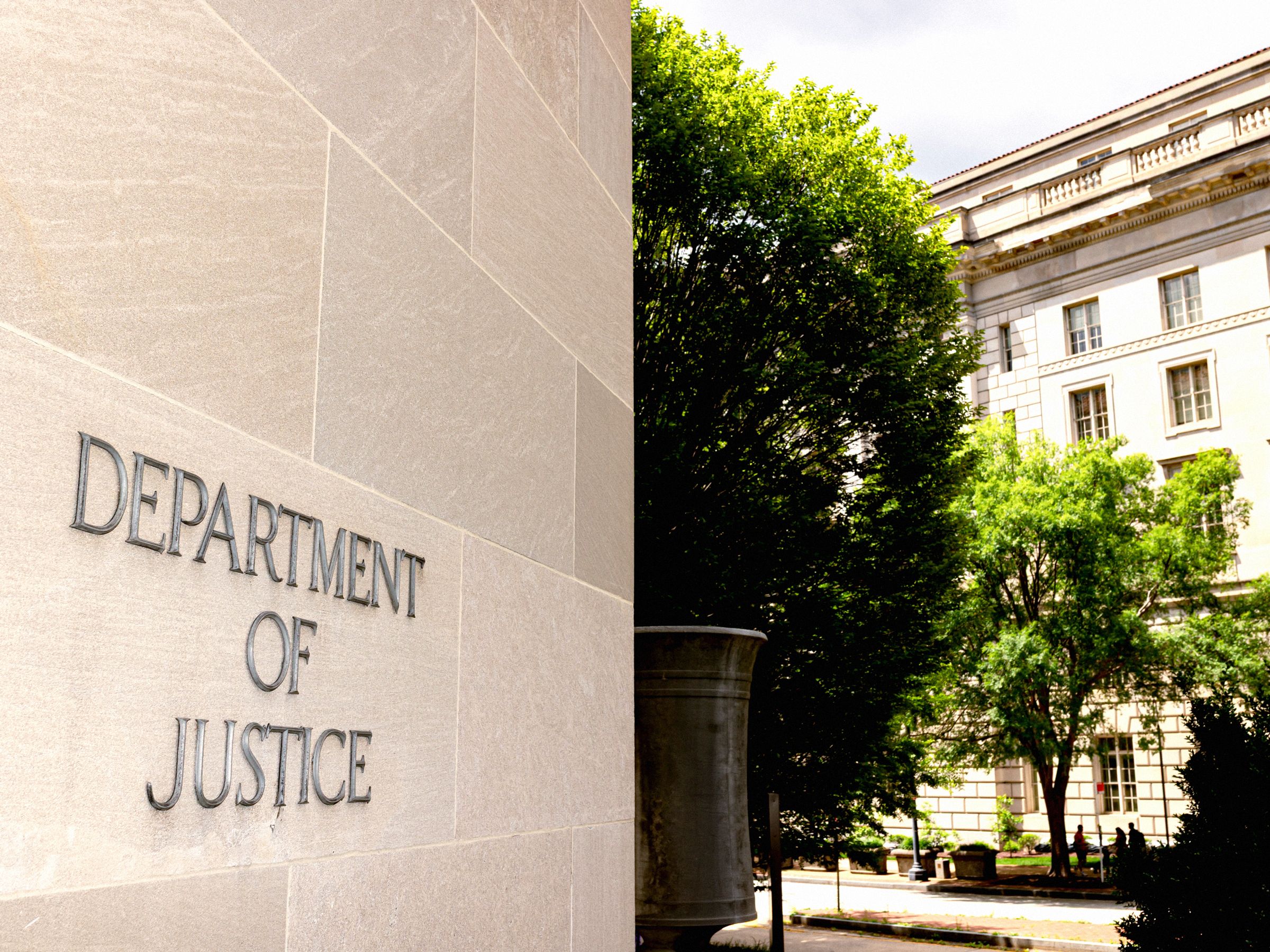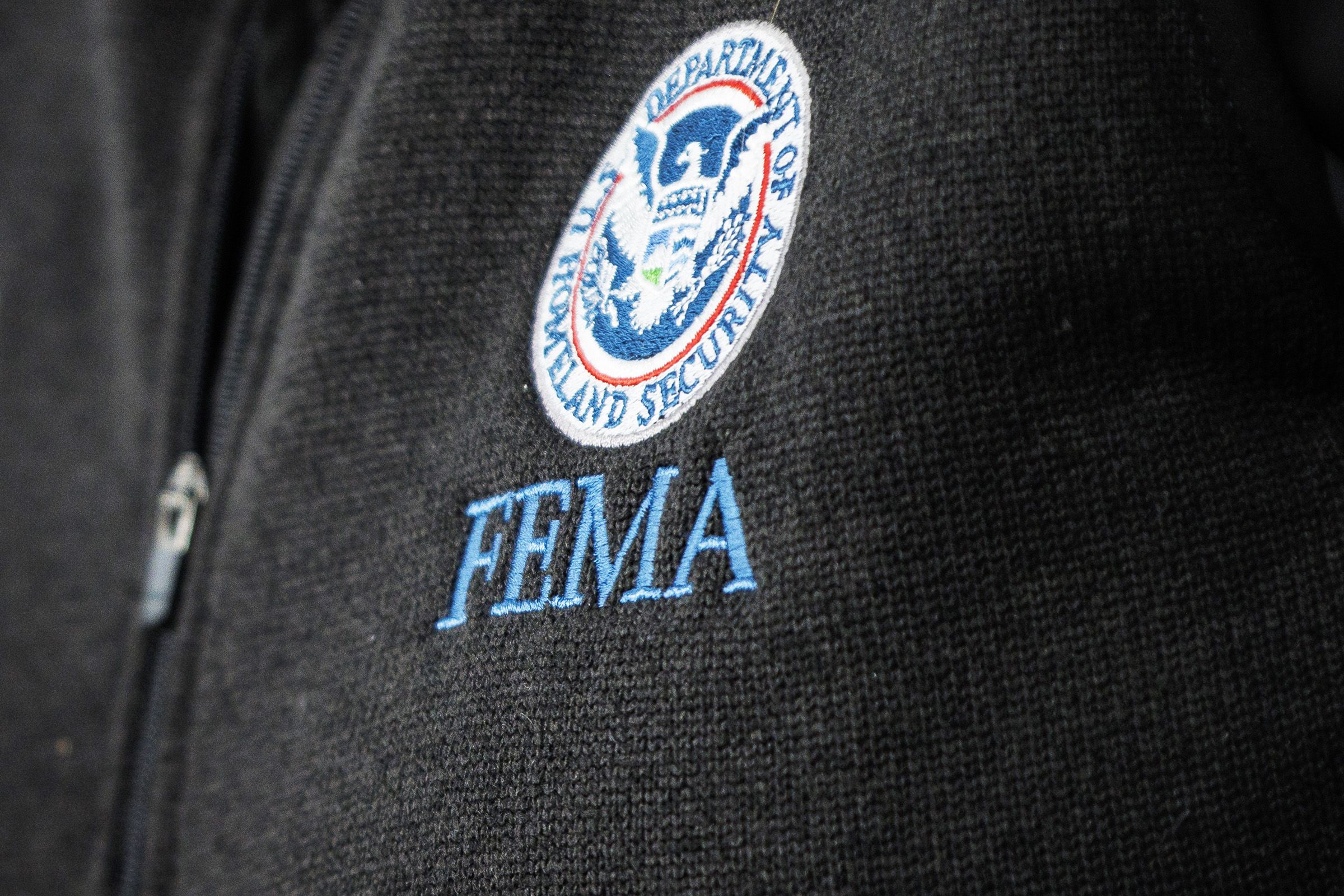Combating Domestic Violent Extremism Is No Longer a FEMA Priority
In a controversial move, the Federal Emergency Management Agency (FEMA) has announced that combating domestic violent extremism is no longer a priority for the agency. This decision comes as a shock to many, given the rising threat of domestic terrorism in the United States.
With the increase in violent incidents carried out by individuals with extremist ideologies, many experts argue that focusing on combating domestic violent extremism should be a top priority for FEMA. However, the agency has shifted its focus to other emergency preparedness and response efforts.
Advocates for addressing domestic violent extremism warn that ignoring this issue could have dangerous consequences for national security. Without adequate measures in place to prevent and respond to domestic terrorism, the risk of future attacks increases.
The decision to deprioritize combating domestic violent extremism has sparked debate among policymakers, law enforcement officials, and activists. Some believe that FEMA’s resources would be better allocated to other areas, while others argue that the threat of domestic terrorism cannot be ignored.
As the nation grapples with the ongoing threat of domestic violent extremism, it is crucial for stakeholders to come together to develop comprehensive strategies for prevention and response. This includes increasing funding for programs aimed at countering extremist ideologies, improving intelligence-sharing between agencies, and enhancing community engagement efforts.
While FEMA may no longer prioritize combating domestic violent extremism, the fight against domestic terrorism is far from over. It is incumbent upon all levels of government, law enforcement, and civil society to work together to address this pressing national security issue.
Ultimately, the decision to shift FEMA’s priorities raises important questions about how the government should allocate resources to address evolving threats. With the rise of domestic violent extremism, it is essential for policymakers to prioritize efforts to prevent and combat this dangerous ideology.
As discussions continue about the role of FEMA in combating domestic violent extremism, it is clear that this issue will remain a critical concern for national security in the years to come.
It is imperative that both government agencies and community stakeholders work together to develop effective strategies for addressing domestic terrorism and protecting the safety and security of all Americans.






More Stories
How DOGE Set Up a Shadow X Account for a Government Agency
Inside the ‘Whites Only’ Community in Arkansas
How Edward ‘Big Balls’ Coristine and DOGE Got Access to a Federal Payroll System That Serves the FBI